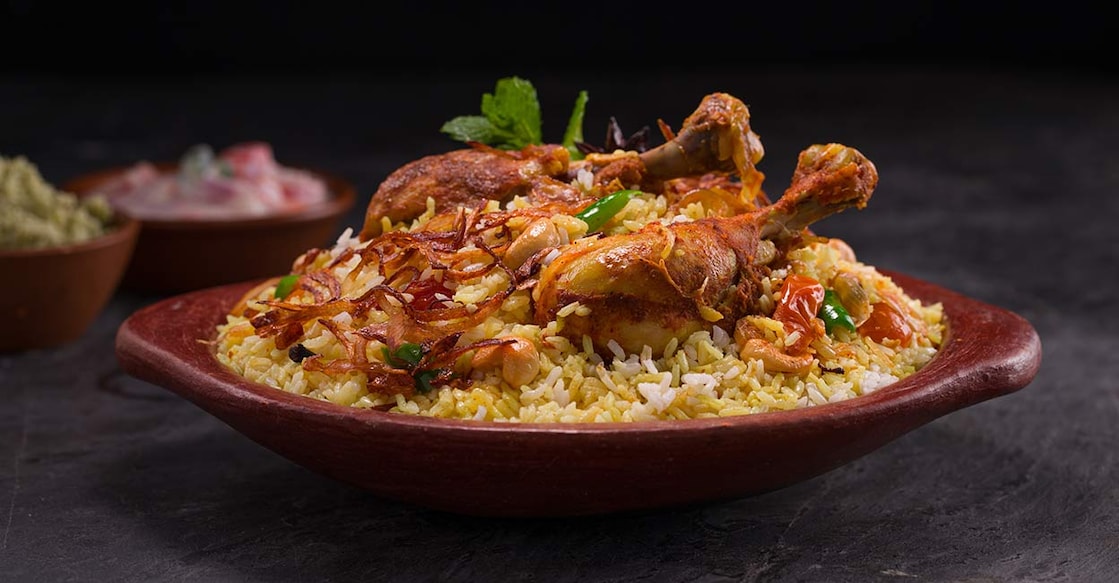How to safely enjoy poultry and eggs during an avian flu outbreak

Mail This Article
The Kerala Health Department confirmed several cases of avian influenza among ducks and crows in middle-Kerala last month. During an avian flu outbreak, it's crucial to be particularly cautious with certain foods and follow proper cooking practices to ensure safety. Though the reports are concerning, you don't have to cut back entirely on egg, dairy, and meat from your daily diet. There are ways to ensure poultry and animal products are safe to consume even during the time of an avian flu outbreak.
Here are the food items to be cautious with and guidelines for cooking to kill the virus:
Foods to be wary of
Poultry (Chicken, Duck, Turkey, etc.): Poultry is the primary concern as the avian flu virus can be present in these animals.
Eggs: Raw or undercooked eggs can also be a source of the avian flu virus.
Processed poultry products: Items such as sausages, patties, and cold cuts made from poultry.
Cooking guidelines to kill the virus
- Ensure that all poultry is cooked to an internal temperature of at least 165°F (74°C). This temperature effectively kills the avian flu virus and other harmful pathogens.
- Use a meat thermometer to check the temperature in the thickest part of the meat, avoiding bones.
- Cook eggs until both the yolk and white are firm. Avoid dishes that contain raw or undercooked eggs.
- Recipes requiring raw eggs, such as homemade mayonnaise or certain desserts, should use pasteurized eggs.
- Prevent cross-contamination by using separate cutting boards, knives, and utensils for raw poultry and other foods.
- Wash hands, utensils, and surfaces thoroughly with soap and hot water after handling raw poultry and eggs.
- Refrigerate or freeze poultry and eggs promptly after purchasing and keep them at appropriate temperatures (refrigerator at or below 40°F/4°C, freezer at 0°F/-18°C or lower).
- Be cautious with processed poultry products. Ensure they are fully cooked before consumption.
- Wash your hands with soap and water for at least 20 seconds before and after handling raw poultry and eggs.
- Clean and disinfect kitchen surfaces and utensils after they come into contact with raw poultry or eggs.
By following these guidelines, you can ensure that your food is safe to eat and minimize the risk of avian flu transmission through food.

